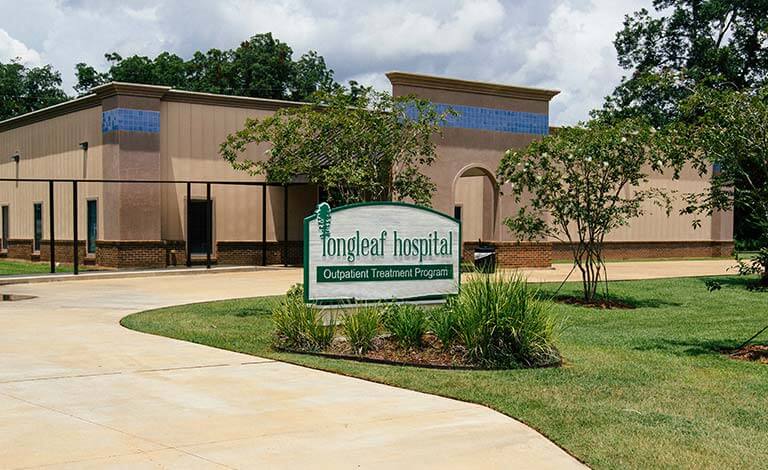Cocaine is a powerful illegal stimulant that many people abuse for its short but intense high. Typically found in white powder form, this drug is abused but those who crave the sense of euphoria it is known to create.
Understanding Cocaine Addiction
Learn about cocaine and substance abuse
When a person abuses cocaine habitually, he or she will soon find that more of the drug in more frequent doses will be needed in order to experience the desired effects. Known as building up a tolerance, this experience usually indicates that a substance use disorder has developed, and if so, any attempt to significantly reduce or cease one’s cocaine use will result in painful, uncomfortable feelings known as withdrawal.
For many, this physiological dependence on cocaine will keep them trapped in a dangerous pattern of addictive behavior. When life begins to revolve around finding and using cocaine in greater and greater amounts, daily responsibilities, overall health and wellbeing, and all the activities one used to enjoy will all become less important than one’s drug of choice.
While a dependence on cocaine and/or other substances of abuse can be difficult to overcome, fortunately, there is help available for men and women who wish to live a drug-free life. With support from a professional treatment center that offers specialized programming for stimulant abuse, you or someone you care about can achieve a life free from the grasp of cocaine abuse.
Statistics
Cocaine addiction statistics
Cocaine is the second most commonly trafficked illegal drug in the world, and the sheer volume of cocaine that is being bought and sold around the globe is a testament to the widespread problem of cocaine abuse. In the United States in 2005, cocaine was listed as the most frequently reported drug to the Drug Abuse Warning Network by hospital emergency rooms. That same year there were a staggering 448,481 emergency department visits involving the use of cocaine.
Causes and Risk Factors
Causes and risk factors for cocaine addiction
Like all substance abuse problems, cocaine abuse is typically the result of many complicating factors. However, certain indicators have proven to increase one’s vulnerability to drug abuse, and individuals who abuse cocaine are likely impacted by the following:
Genetic: If you have a first-degree relative who abuses cocaine or other harmful substances, you will be more likely to possess certain heritable traits that increase the likelihood that you will also struggle with addiction.
Environmental: Being in an environment where drug abuse is normalized as a means of coping with stress or as an acceptable recreational activity may mean that you will be more likely to engage in addictive behaviors yourself. The presence of certain environmental stressors can also increase these odds.
Risk Factors:
- Having a close relative like a parent or sibling that suffers from a substance use disorder
- Being a person that tends to seek out high-risk activity
- Early exposure to drug or alcohol abuse in the home
- Witnessing or experiencing traumatic events or abuse
- Untreated mental health conditions such as anxiety, depression, or bipolar disorder
Signs and Symptoms
Signs and symptoms of cocaine addiction
If you or someone close to you has begun abusing cocaine, you are right to be concerned. The following signs and symptoms are typical of someone who has developed a cocaine use disorder, and can help you in your quest to find the professional help that is needed to overcome this dangerous concern:
Behavioral symptoms:
- Lying about whereabouts, associates, and activities
- Trying but failing to curtail one’s cocaine abuse
- Acting with increased energy
- Reckless and risky behaviors
- Borrowing or stealing money
Physical symptoms:
- Rapid heart rate
- Lack of need for sleep
- Insomnia
- Dilated pupils
- Runny nose
- Persistent nosebleeds
- Excessive perspiration
- Elevated body temperature
- High blood pressure
- Loss of appetite
- Energy bursts
Cognitive symptoms:
- Poor decision-making capabilities
- Euphoria
- Restlessness
- Irritability
- Psychosis
- Overabundance of confidence
Psychosocial symptoms:
- Agitation
- Irritability
- Depression
- Anhedonia
- Mood swings
- Withdrawal
Effects
Effects of cocaine addiction
While there are many treatment options available to those who wish to overcome a dependence on cocaine, sadly not everyone seeks out the help they need. Left untreated, a cocaine abuse problem will likely result in many of the following damaging effects:
- Family discord
- Heart attack
- Breathing problems
- Hypertension
- Liver damage
- Kidney damage
- Stroke
- Cognitive impairments
- Academic failure
- Substandard occupational performance
- Job loss and unemployment
- Arrest and incarceration
- Financial problems
- Withdrawal or isolation
- Suicidal ideation
Co-Occurring Disorders
Cocaine addiction and co-occurring disorders
As is the case with many substance use disorders, many who struggle with cocaine abuse will also be diagnosed with the following co-occurring disorders:
- Other substance use disorders
- Posttraumatic stress disorder (PTSD)
- Depressive disorders
- Anxiety disorders
- Bipolar disorder
- Schizoaffective disorder
- Borderline personality disorder (BPD)
Withdrawal & Overdose
Effects of cocaine withdrawal and overdose
Effects of Cocaine withdrawal: If unassisted, withdrawing from cocaine can be a harrowing experience, consisting of the following outcomes:
- Intense cravings for cocaine
- Anxiety
- Paranoia
- Depression
- Fatigue
- Lethargy
- Restlessness
- Irritability
- Nightmares
Effects of Cocaine overdose: If someone who has abusing cocaine begins showing any of the symptoms listed below, their health could be in immediate danger, and emergency medical attention should be sought immediately:
- Elevated blood pressure
- Breathing problems
- Kidney failure
- Delirium
- Dangerously high body temperature
- Elevated or otherwise irregular heartbeat
- Stroke












